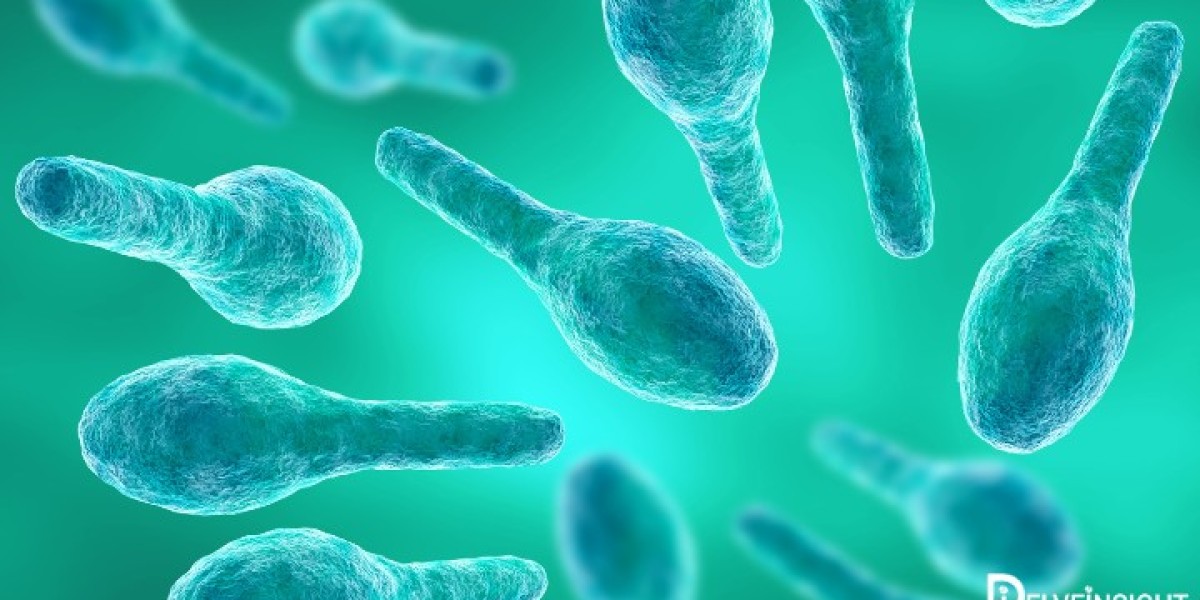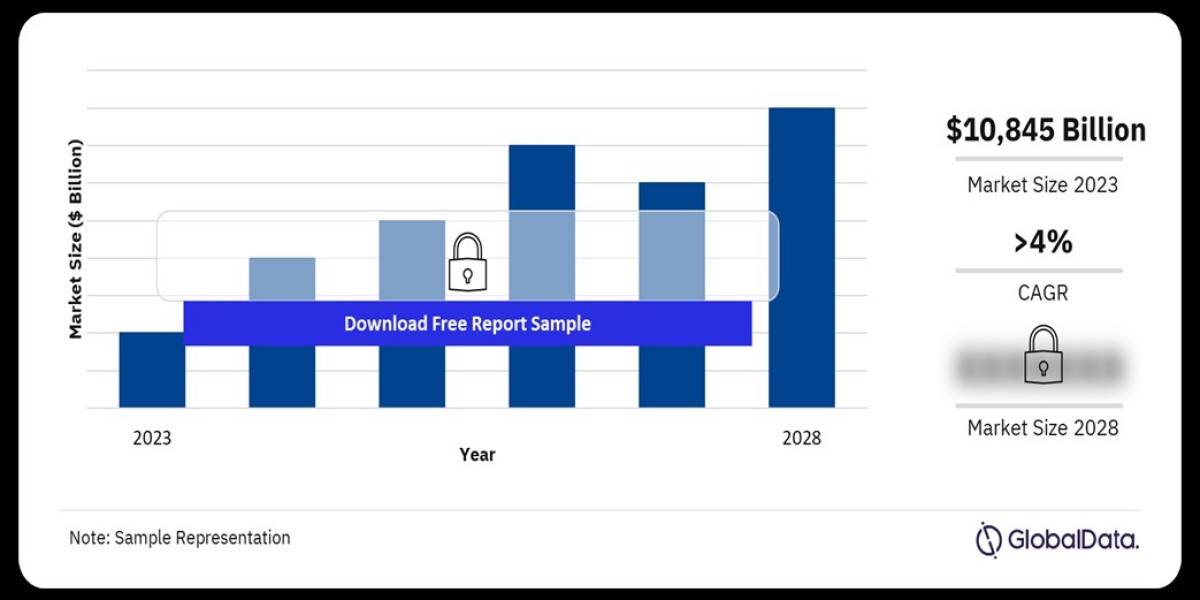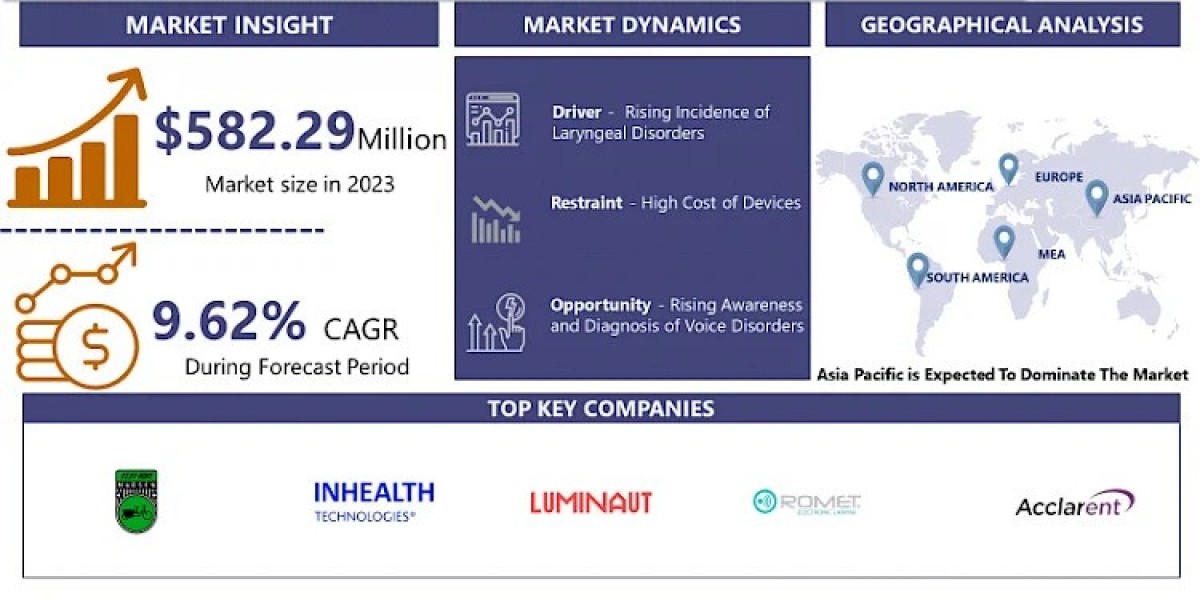- Myth: Only Women Get Breast Cancer
Fact: While breast cancer is predominantly a disease affecting women, men can also develop it. Approximately 1 in 833 men will be diagnosed with breast cancer in their lifetime. Awareness of all genders is vital for early detection and treatment. - Myth: Wearing a Bra Increases Breast Cancer Risk
Fact: There is no scientific evidence supporting the claim that wearing bras, particularly underwire bras, increases breast cancer risk. This myth is rooted in misunderstandings about breast anatomy and cancer development. - Myth: Breast Cancer Only Affects Older Women
Fact: Although age is a significant risk factor, breast cancer can affect women of all ages. Young women in their 20s and 30s can be diagnosed with the disease, making regular self-exams and discussions about screening with healthcare providers essential for everyone. - Myth: A Family History of Breast Cancer Guarantees You Will Get It
Fact: While a family history of breast cancer can increase an individual's risk, most women diagnosed with breast cancer do not have a family history of the disease. Various factors, including lifestyle and environmental influences, also contribute to breast cancer risk. - Myth: Breast Cancer Is Always Genetic
Fact: Only 5-10% of breast cancer cases are linked to inherited genetic mutations, such as BRCA1 and BRCA2. The majority of breast cancer cases occur sporadically and are influenced by a combination of genetic, environmental, and lifestyle factors. - Myth: Mammograms Are Dangerous Because of Radiation
Fact: Mammograms use low levels of radiation, and the benefits of early detection far outweigh the risks. Regular mammograms are crucial for identifying breast cancer in its early, more treatable stages, saving lives. - Myth: A Healthy Lifestyle Means You Won’t Get Breast Cancer
Fact: While maintaining a healthy lifestyle—such as a balanced diet and regular exercise—can reduce the risk of breast cancer, it does not guarantee prevention. Breast cancer can arise from various factors, including genetics and environmental influences.
Conclusion
Dispelling these myths is essential for empowering individuals with accurate information about breast cancer. Increasing awareness and understanding can lead to better prevention strategies, early detection, and improved treatment outcomes for those affected by this disease. Education is a powerful tool in the fight against breast cancer, enabling everyone to make informed choices about their health.
Latest Reports
Chronic Rhinosinusitis Market | Critical Limb Ischemia Market | Deep Vein Thrombosis Market | Eosinophilic Asthma Market | Familial Amyloid Polyneuropathy Market | Fibrocystic Breast Condition Market | Helicobacter Pylori Infections Market | Hepatic Encephalopathy Market | Human Papilomavirus Market | Immunologic Deficiency Syndrome Market | Neuroblastoma Market | Nipah Virus Infection Market | Non Alcoholic Fatty Liver Disease Nafld Market | Opioid Induced Constipation Market | Parkinson’s Disease Market | Pcsk9 Inhibitor Market | Pediatric Obesity Market | Spasticity Market | Thymic Carcinoma Market | West Syndrome Market | 22q11.2 Deletion Syndrome Market | Acute On Liver Failure Market | Acute Pancreatitis Market | Acute Pharyngitis Market | Ada-scid Competitive Landscape | Adrenal Cortex Neoplasms Market | Adrenal Insufficiency Market | Adult Myopia Market








